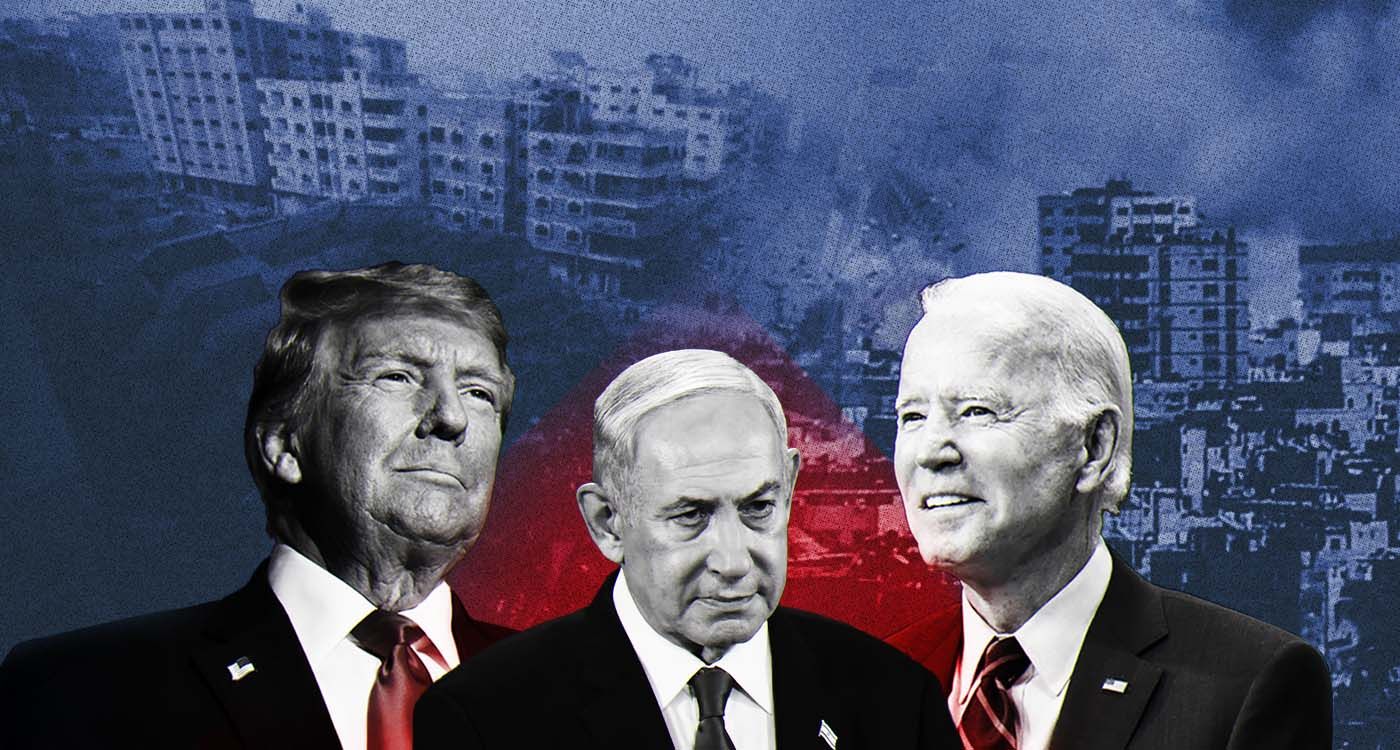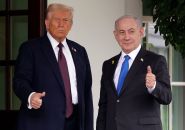- Home
- Middle East
- Gaza Agreement: Is Trump Taking Credit from Biden?

Amid a political transition in the United States, the signing of a ceasefire agreement in Gaza has sparked a leadership battle between the Biden administration and President-elect Donald Trump’s team. While the conflict in the enclave has resulted in devastating human losses, both sides are vying for credit for this diplomatic breakthrough, highlighting the tensions between two opposing visions of American foreign policy.
The announcement on Wednesday of a ceasefire in Gaza, scheduled to take effect on Sunday after months of deadly conflict, marked a significant diplomatic breakthrough. However, in the United States, the agreement has triggered another battle – over who deserves the credit: outgoing President Joe Biden or President-elect Donald Trump, whose inauguration is set for January 20.
From Washington, the rivalry has overshadowed the ceasefire agreement itself. Trump was quick to claim credit, asserting that his election victory created the conditions needed for the deal. “This historic ceasefire agreement could have only been achieved because of our November win, sending a signal to the world that my administration would pursue peace and negotiate agreements to ensure the security of all Americans and our allies,” he declared on his Truth Social platform.
Meanwhile, Biden argued that his administration had laid the foundation for the agreement. “This negotiation was among the most challenging of my career,” he stated during a speech at the White House. “We reached this point thanks to the pressure Israel exerted on Hamas, with the support of the United States.”
Double Diplomacy
During the same press conference on Wednesday, a reporter asked Biden about Trump’s possible role in the ceasefire agreement. “Hasn’t Trump, in some way, contributed to this deal?” she asked. Biden, clearly irritated, turned around before answering, “Is this a joke?” His sarcastic reply highlights the tension between the two administrations.
Sources close to the matter suggest that the situation is more complex, involving an unusual collaboration between the outgoing Biden team and the incoming Trump team. Steve Witkoff, Trump’s Special Envoy to the Middle East, is said to have played a pivotal role in exerting pressure on Israel, notably during a controversial visit to Prime Minister Benjamin Netanyahu’s office on Shabbat. Meanwhile, Brett McGurk, Biden’s envoy, is reported to have led negotiations with mediators from Qatar and Egypt.
A Biden administration official described the cooperation as “unprecedented and historically successful.” However, this coordination did not prevent the two sides from clashing publicly. Biden emphasized that his initial proposal, submitted in May, served as the foundation for negotiations but was blocked due to a lack of pressure on Israel. Trump, for his part, threatened that “a heavy price will be paid” if an agreement was not reached before his inauguration on January 20, 2025.
A Double-Edged Political Victory
Arab diplomats noted that Trump’s approach succeeded where Biden’s had fallen short, pressuring Israel to sign. The final agreement guarantees the release of all Israeli hostages held in Gaza, with the exception of male fighters. Hamas’s interim leader, Khalil al-Hayya, however, stated that Israel had not met its objectives in the conflict. “We will never forgive every drop of blood spilled,” he said.
This dynamic has increased tensions between the two US presidents. While Biden sought to position the agreement as a continuation of his efforts to normalize relations between Israel and its Arab neighbors, Trump pointed out that his administration launched the Abraham Accords in 2020.
In this context, Netanyahu called both US presidents to thank them for their “help,” while announcing an upcoming visit to Washington. However, the Trump-Biden rivalry, rather than easing up, continues to dominate the discussions. With the looming inauguration and divergent political ambitions, the ceasefire in Gaza could become a symbol of the power struggle between two opposing visions of American diplomacy.
Read more




Comments